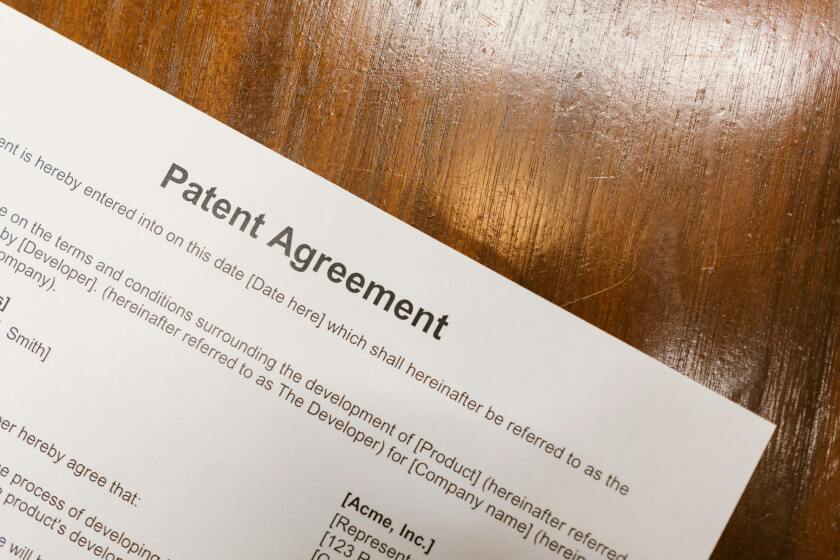For many years, the EPO has required applicants to align the description text of a patent application with amended claims before an application can proceed to grant (Guidelines for Examination in the European Patent Office, Part H, Chapter V, 2.7).
Applicants can be requested to delete examples or embodiments that are no longer within the scope of the claims, general statements, or "spirit of the invention" or claim-like clauses. EPO examiners typically relied on the second sentence of Article 84 of the European Patent Convention (EPC) as the legal basis for this requirement, which states “[the claims] shall be clear and concise and be supported by the description.”
However, in a newly published decision from an EPO board of appeal, T 56/21, the applicant (F. Hoffmann-La Roche AG) challenged the legal basis for the EPO’s requirements. During examination of the application, the EPO examiner required the claim-like clauses in the application text to be deleted. Hoffmann-La Roche refused, the application was rejected, and an appeal was filed.
The board in T 56/21 considered Article 84 and Article 69 of the EPC, and how the relationship between the patent claims and the description text is governed. Among other things, the board concluded that these articles of the EPC should be kept separate – the assessment of clarity of a patent application was a task for the EPO’s examining division, while the “protection conferred by a patent” is a matter for consideration by national courts in infringement proceedings. Furthermore, Article 84 of the EPC sets out requirements to be met by the claims and not by the description. Accordingly, if a claim lacked clarity, the board stated that this should be remedied by amending the claim itself, and not by considering the description text.
It is hoped that this decision, issued on October 4 2024, becomes established case law, and that the Guidelines for Examination in the European Patent Office are updated to reflect decision T 56/21. At least, the decision appears to provide justification for applicants who may not wish to align the description text with claims intended for grant.











